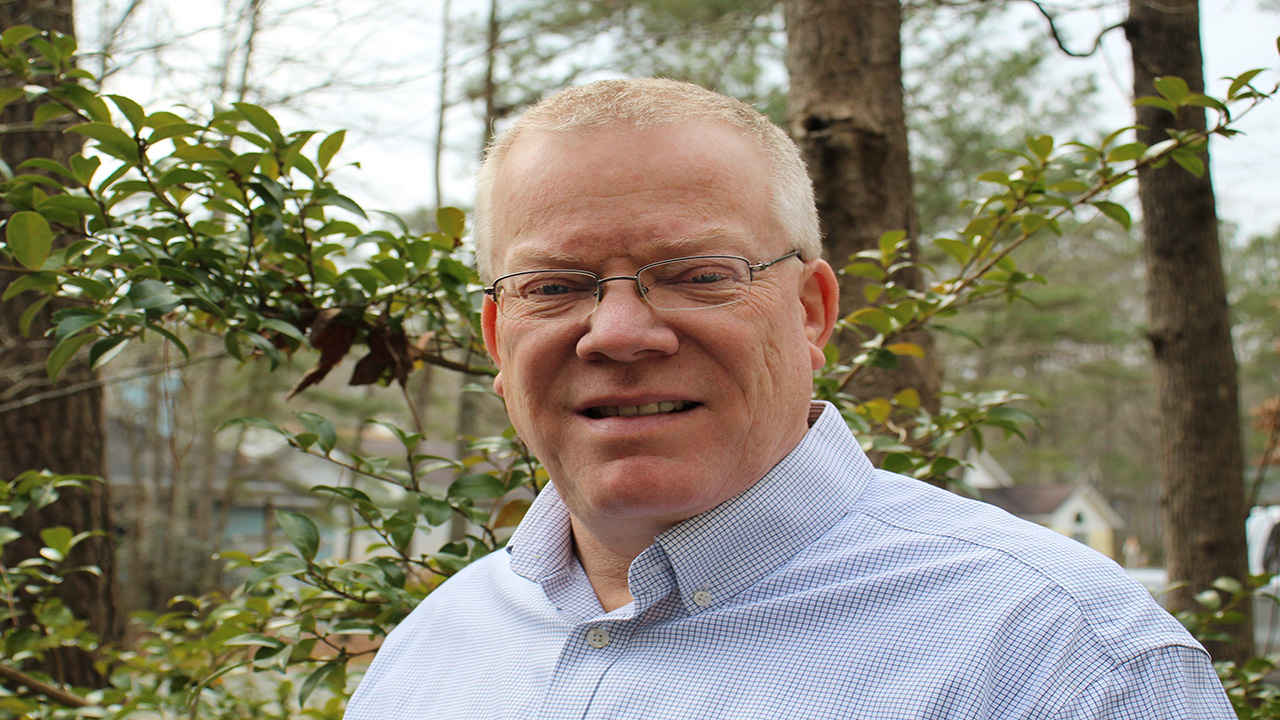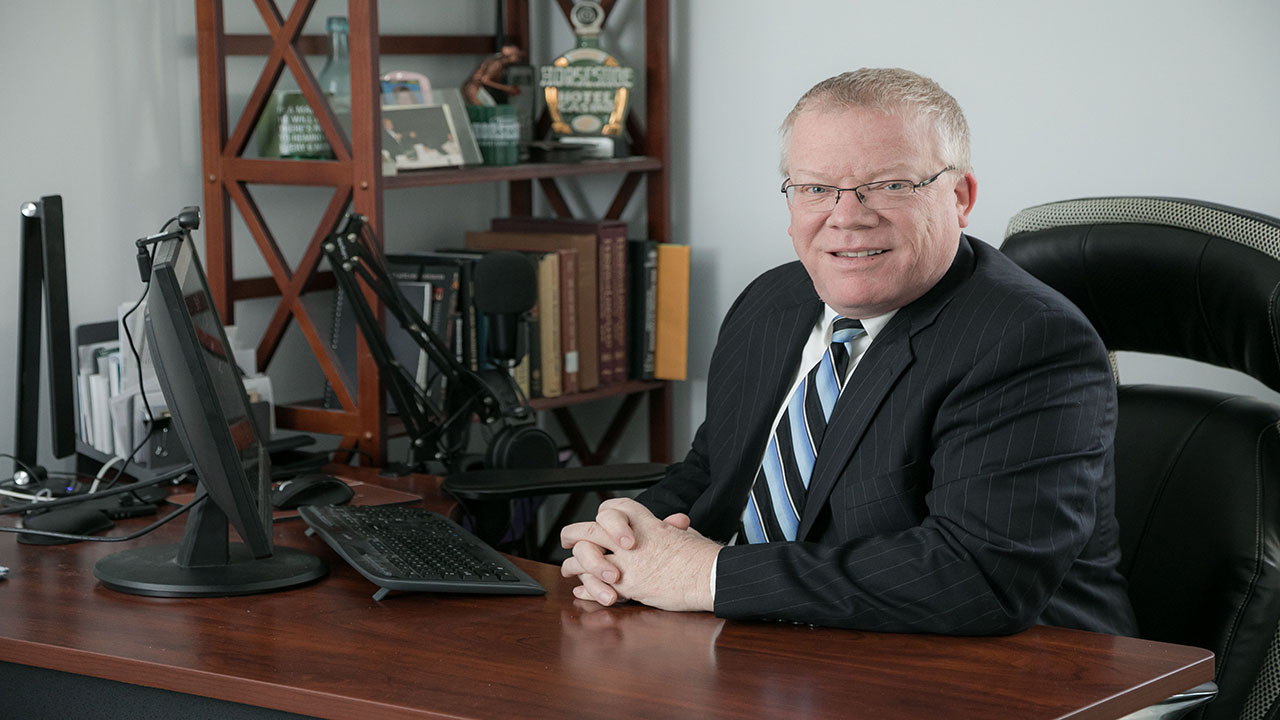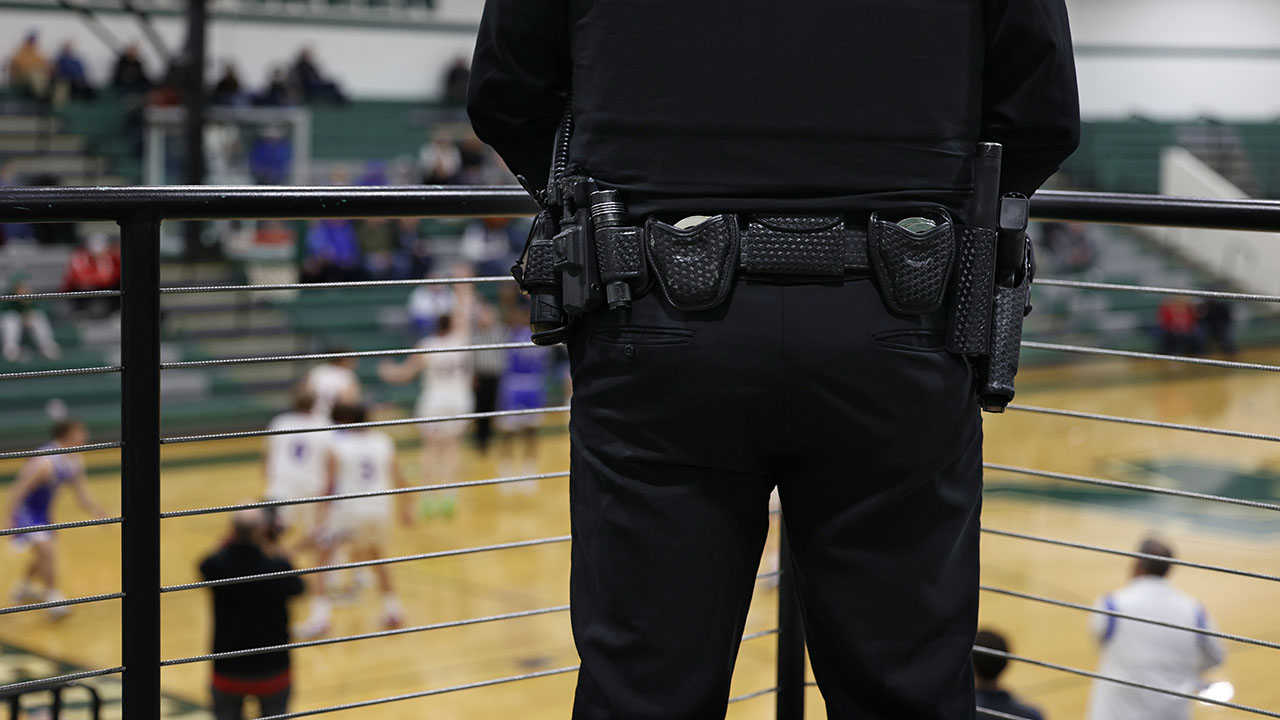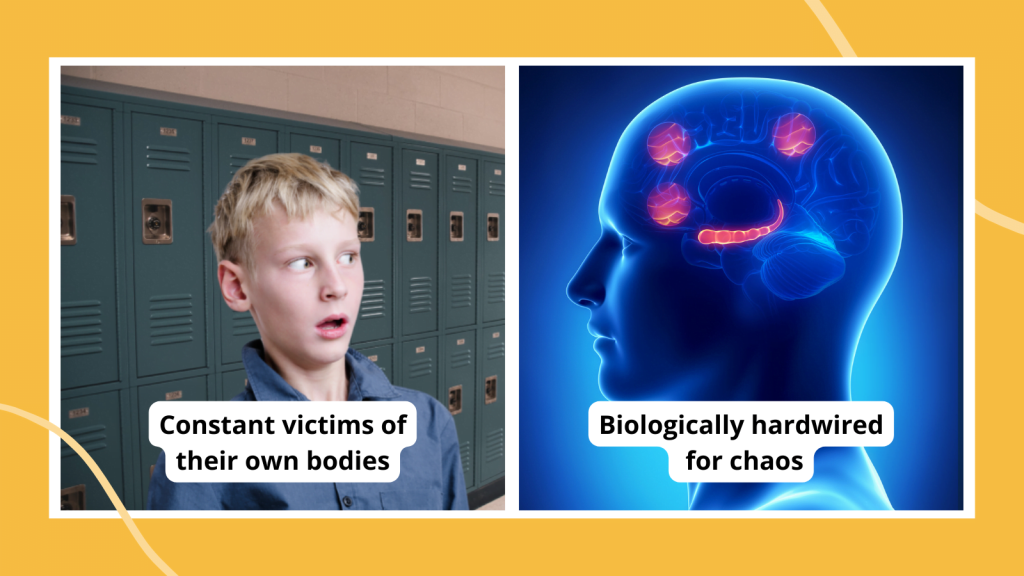
Educators Want to Connect With Colleagues. Learning Networks Offer That Opportunity (Opinion)
A group of over 100 directors of teaching and learning from across Washington state sat in a conference room in Des Moines, Wash., in October of 2021. It was the first time many of them had been to a conference since before the pandemic, and they were eager to learn more about what this two-yearlong hybrid learning network would look like. The directors had signed on to the professional learning journey, and many of them spoke that morning about their need to not just learn from researchers and their colleagues but also their deep need to feel connected to other leaders from around their region and across the state. That was exactly the reason why we created this journey, which we called the Instructional Leadership Network.
After everyone came in to say good morning to each other, grab some breakfast, and find a seat, Chris Beals, the project coordinator for the Washington Association of School Administrators (WASA) stood at the microphone to welcome everyone to the ILN.
As the lead adviser along with Jenni Donohoo for the network, Chris Beals, Mike Nelson (assistant executive director of WASA), and I had spent a few months designing success criteria for the professional learning program. The ILN was the brainchild of Nelson, a retired award-winning superintendent from Washington state (read guests blogs by Nelson here and here). Donohoo and outside evaluator Tom Murphy (retired superintendent) completed the team.
The ILN had funding from the state’s schools superintendent’s office and support from WASA Executive Director Joel Aune. On that first morning when we all sat together, as Beals stood at the microphone, he welcomed everyone and began reading Circles All Around Us by Brad Montague. He read, “In the circles all around us, everywhere that we all go, there’s a difference we can make and a love we can all show.”
According to the Random Penguin House website,
“This is the story of a circle. When we’re first born, our circle is very small, but as we grow and build relationships, our circle keeps getting bigger and bigger to include family, friends, neighbors, community, and beyond.”
Over the next two years, our team of five, along with close to 200 directors of teaching and learning, met monthly in a hybrid approach through the ILN. We had three in-person events each year and monthly three-hour sessions that focused on instructional leadership, collective efficacy, and other timely topics.
We used the online engagement tool Mentimeter to engage participants and formally assess their learning, and Mentimeter helped us understand the needs of the group so we could plan for the next session. We had a “Lunch and Learn” for one hour each month based on what we had learned from the audience and used learning protocols during each session to engage the audience but also to model strategies they could use for teachers and leaders in their districts.
The feedback from participants each time and overall, after the two-year professional learning journey completed, was hugely positive. Anyone working in school leadership understands the importance of developing a professional learning network that is impactful, and it’s more needed now than ever before. The reason why it’s so important now is that burnout among leaders is high, educators are leaving the profession, and we all need to feel connected to our colleagues—and connected to the reason why we got into education in the first place.
In fact, 42 percent of principals surveyed indicated they were considering leaving their position (NASSP, Learning Policy Institute). Among the most common reasons they cite are:
- Working Conditions
- Compensation and Financial Obligations
- High-Stakes Accountability Systems and Evaluation Practices
- Lack of Decisionmaking Authority
- Inadequate Access to Professional Learning Opportunities (NASSP, LPI. 2021).
One of the results that emerged from these impactful sessions was the role of the reciprocal transfer of learning. Reciprocal transfer involves not only the transfer of learning from the person in the role of teacher or facilitator but also includes learning that transfers back to the person in the role of teacher or facilitator through the following methods:
- Discussions around data and evidence.
- Team discussions when planning for learning.
- Developing success criteria with members of a team or the audience engaged in learning.
- Engaging in conversations about specific content with learners.
- Engaging in collegial conversations about the work with colleagues inside and outside their work environment.
What the ILN represents is what Rincón-Gallardo and Fullan refer to as essential features of effective networks.
8 Essential Elements of Effective Networks
In Essential Features of Effective Networks in Education (Rincón-Gallardo, S., & Fullan, M. (2016). Essential features of effective networks in education, Journal of Professional Capital and Community, 1(1), 5-22.) Rincón-Gallardo and Fullan highlight eight areas that are essential when creating a network, which are:
- Focusing on Ambitious Student Learning Outcomes Linked to Effective Pedagogy
- Developing Strong Relationships of Trust and Internal Accountability
- Continuously Improving Practice and Systems Through Cycles of Collaborative Inquiry
- Using Deliberate Leadership and Skilled Facilitation Within Flat Power Structures
- Frequently Interacting and Learning Inwards
- Constantly Connecting Outwards to Learn from Others
- Forming New Partnerships Among Students, Teachers, Families, and Communities
- Securing Adequate Resources to Sustain the Work
In the End
Every time our core leadership team (Nelson, Beals, Donohoo, Murphy, and I) met, which was biweekly for two hours each, we looked at that overall success criteria and made sure we had specific success criteria tied to it for the monthly learning sessions and Lunch and Learns.
Due to the success of the ILN, we are entering into a third year but will not have the state funding we did over the last two years. Given the change in funding, we have decided to change the name of the program to the Instructional Leadership Academy (read more about it here) and will expand the audience to educators such as instructional coaches, building leaders, and district leaders from across the nation and internationally.
What we learned, and continue to learn, is that leaders are looking for opportunities to connect with others and learn from those networks, too. The experience we created over the last two years has been life-changing for all of us, and we are excited to deepen the work.
Dig Deeper With Our Longreads
Newsletter Sign up to get our best longform features, investigations, and thought-provoking essays, in your inbox every Sunday.
The MEN was founded by John Huber in the fall of 2020. It was founded to provide a platform for expert opinion and commentary on current issues that directly or indirectly affect education. All opinions are valued and accepted providing they are expressed in a professional manner. The Maryland Education Network consists of Blogs, Videos, and other interaction among the K-12 community.
Recent Video
Worc. Sheriff and SA recommend Schools Partner with SRDs to Trespass Any...
I this series of videos, I dive deeply into the recommendations that the Sheriff and State’s Attorney have put...




